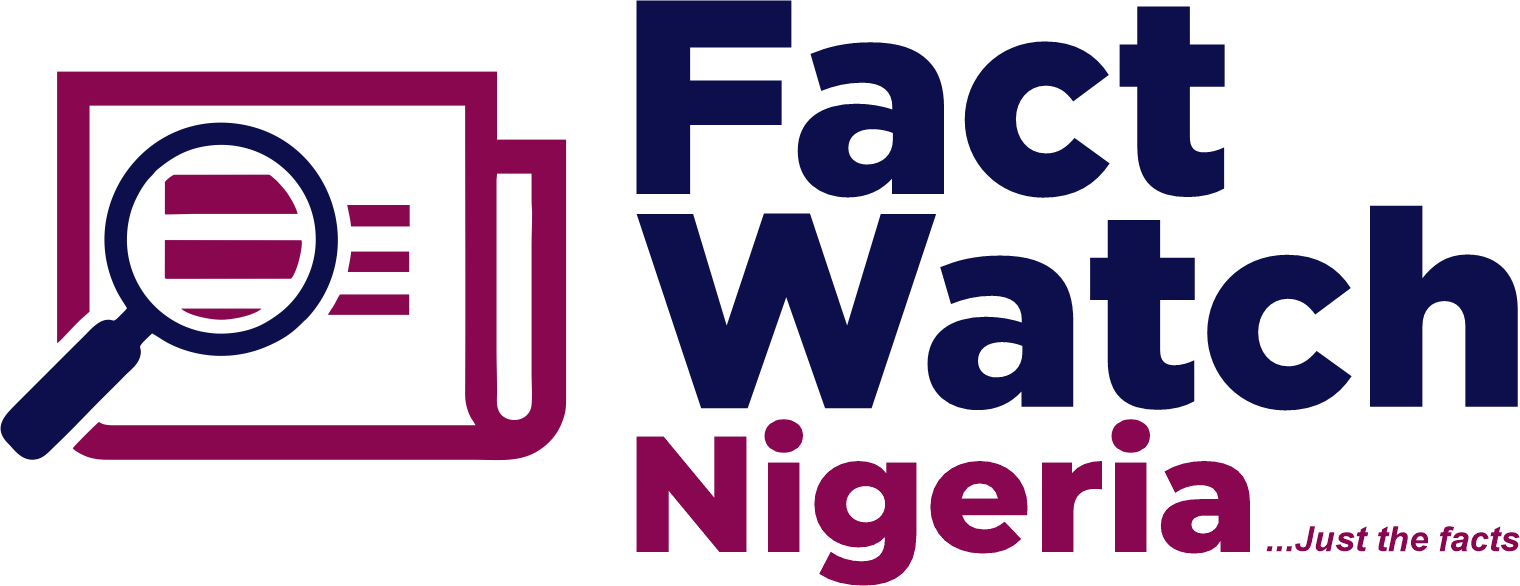Anti-corruption NGO, Global Witness, have released research conducted through a sting operation on the video sharing platform, TikTok.
TikTok approved a series a misinformation advertisements targetting voters in the upcoming Irish General Election, a new study has found.
The video sharing platform, TikTok, was subject to a sting operation by the anti-corruption NGO, Global Witness.
A series of advertisements were submitted to TikTok ahead of General Election polling on Friday, November 29th.
14 adverts in the English language and 14 in the Irish language were submitted to TikTok.
Eight of the Irish language adverts and three English language adverts were approved.
Three of the English and Irish language adverts contained blatant disinformation.
The adverts which were approved and not caught by TikTok said:
“Quite worrying”
On Newstalk Breakfast, Breakfast Business host Joe Lynam said TikTok’s inability to catch this disinformation is “quite worrying”.
“None of the adverts were posted, and none of them went live because Global Witness pulled them,” he said.
“TikTok said it is conducting an investigation into why some of these ads were not rejected.
“There’s a lot of nonsense out there, and a lot of young people, as you know, get their news from TikTok, so we need to be worried about that.”
“Not a realistic test”
Commenting on the outcome of the research operation, a TikTok spokesperson told Newstalk: “None of these ads ever appeared on TikTok and the majority were correctly rejected at the first stage of moderation.
“We will continue to enforce our longstanding position that we do not allow political advertising on TikTok and have launched a dedicated, in-app election centre to provide our users with authoritative information about the elections.”
Tackle election disinformation
Global Witness put forward three suggestions to TikTok for them to effectively tackle election disinformation:
- Properly resource efforts to uphold election integrity in all the countries they operate in around the world, including paying content moderators a fair wage, allowing them to unionise and providing them with psychological support.
- Robustly enforce policies on election-related disinformation, for both organic and purchased content, before, during and after elections.
- Publish information on the steps they’ve taken to ensure election integrity, broken down by country and language





